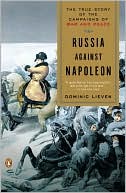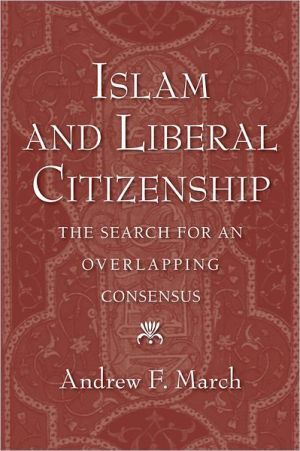The Theory of Moral Sentiments (Penguin Classics)
Smith, Adam
Best Known For His Revolutionary Free-market Economics Treatise The Wealth Of Nations, Adam Smith Was First And Foremost A Moral Philosopher. In His First Book, The Theory Of Moral Sentiments, He Investigated The Flip Side Of Economic Self-interest: The Interest Of The Greater Good. Smith's Classic Work Advances Ideas About Conscience, Moral Judgment, And Virtue That Have Taken On Renewed Importance In Business And Politics. Of The Propriety Of Action -- Of Merit And Demerit, Or, Of The Objects Of Reward And Punishment -- Of The Foundation Of Our Judgments Concerning Our Own Sentiments And Conduct, And Of The Sense Of Duty -- Of The Effect Of Utility Upon The Sentiment Of Approbation -- Of The Influence Of Custom And Fashion Upon The Sentiments Of Moral Approbation And Disapprobation -- Of The Character Of Virtue -- Of Systems Of Moral Philosophy -- Considerations Concerning The First Formation Of Languages. Adam Smith ; Introduction By Amartya Sen ; Edited, With Notes, By Ryan Patrick Hanley. The Version Published Here Is That Of The Sixth Edition, Which Appeared In 1790--p. [xxxi]. Includes Bibliographical References And Index.
| Name in long format: | The Theory of Moral Sentiments (Penguin Classics) |
|---|---|
| ISBN-10: | 0143105922 |
| ISBN-13: | 9780143105923 |
| Book pages: | 494 |
| Book language: | en |
| Edition: | Anniversary |
| Binding: | Paperback |
| Publisher: | Penguin Classics |
| Dimensions: | Height: 0.99 Inches, Length: 7.74 Inches, Weight: 0.78043640748 Pounds, Width: 5 Inches |













